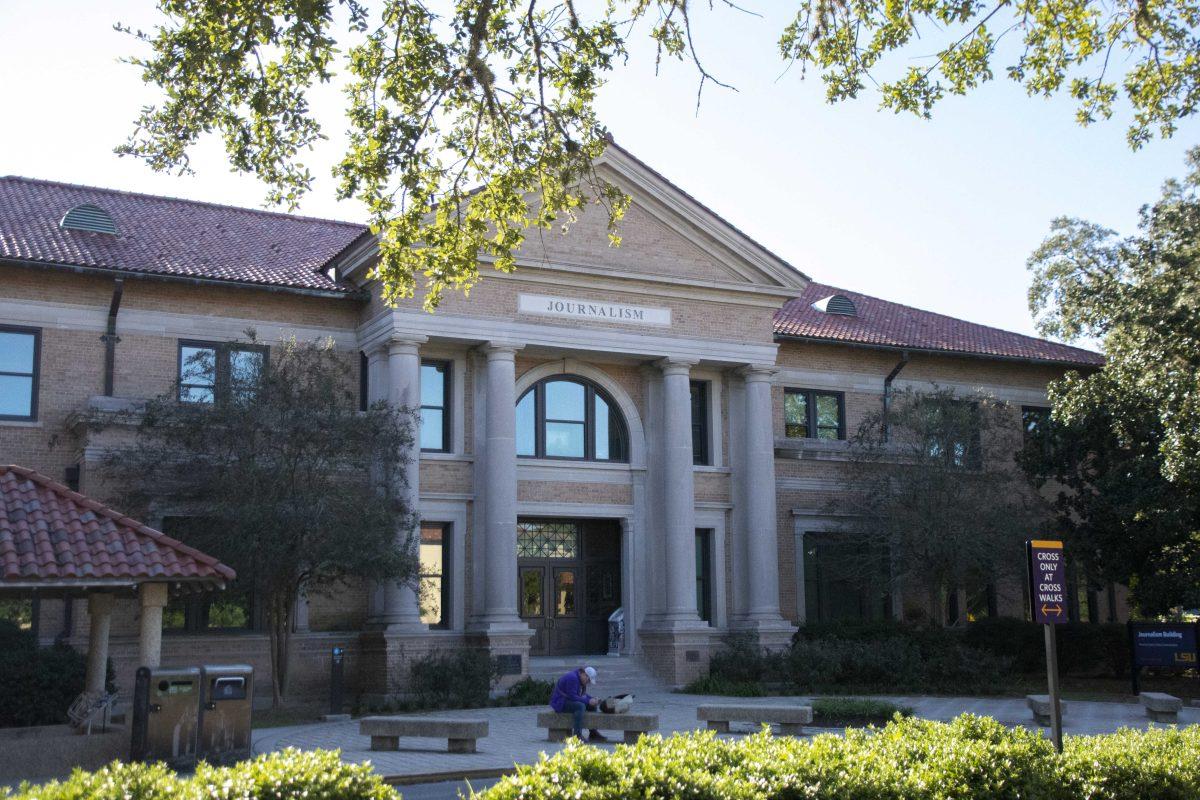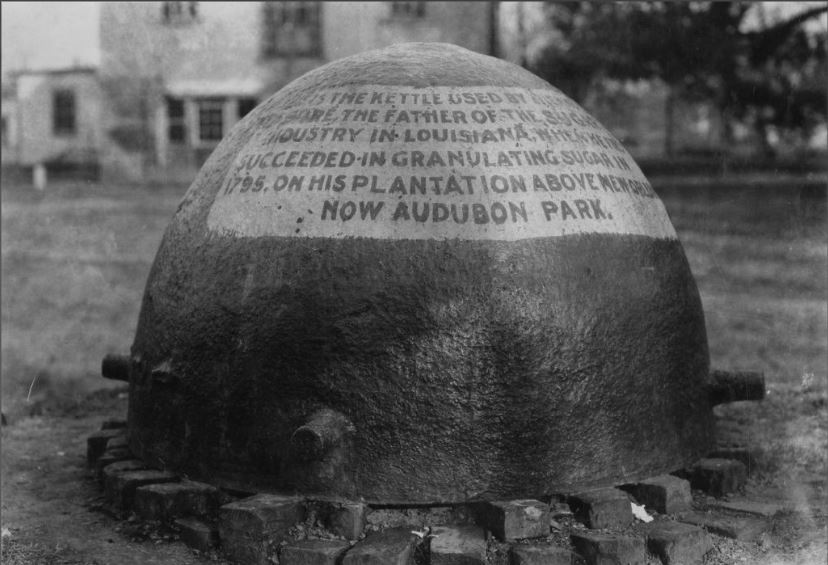Louisiana still feels the effects of summer 2008’s dramatic gas price increase in good ways and bad ways — and in ways that help set the state apart from the pack.Louisiana’s transit ridership rates experienced one of the largest increases at 16 percent during the course of 2008, according to the recently released “Getting On Track” survey by Environment America.”The high gas prices seemed to move a lot of people over to transit,” said Rob McCulloch, Environment America transportation advocate. “When the gas prices went down … a lot of people kept with it.”Survey results indicate New Orleans is primarily responsible for the majority of the increase, while Baton Rouge experienced about a 5 percent increase in transit ridership, McCulloch said. The growth continued into the first half of 2009 with a 17 percent paratransit, or vans specifically operable to pick up handicapped or disabled people, increase in Baton Rouge and an 8 percent increase in use of the light rail in New Orleans, McCulloch said.Environment America expects Louisiana’s rates to continue to increase.”As we see people come back to New Orleans, and we see their systems getting restored, we think it’s going to be pretty strong,” McCulloch said. “If gas prices go back up, you’re going to see more growth.”Several factors dictate whether gas prices will rise or fall including expectations, season, supply and demand, the state economy, the global economy and oil prices, said Dek Terrell, economics professor.”You always expect gas prices to be a little higher in the summer holding other things constant,” Terrell said. “You don’t really anticipate rises due to seasonal factors in the winter.”But Terrell said gas prices can also rise because people expect them to rise — because the state of the market always dictates the price.”If people want more than can be supplied, there’s a shortage, and the price tends to rise until people want less,” Terrell said. Gas prices failed to increase in summer 2009 to the extent they did in 2008 because of the global economy, Terrell said. Oil prices are typically lower whenever the world economy is slower. The price of oil directly influences the price of gas, he said.—-Contact Lindsey Meaux at lmeaux@lsureveille.com
Report shows public transportation use has increased
October 4, 2009









